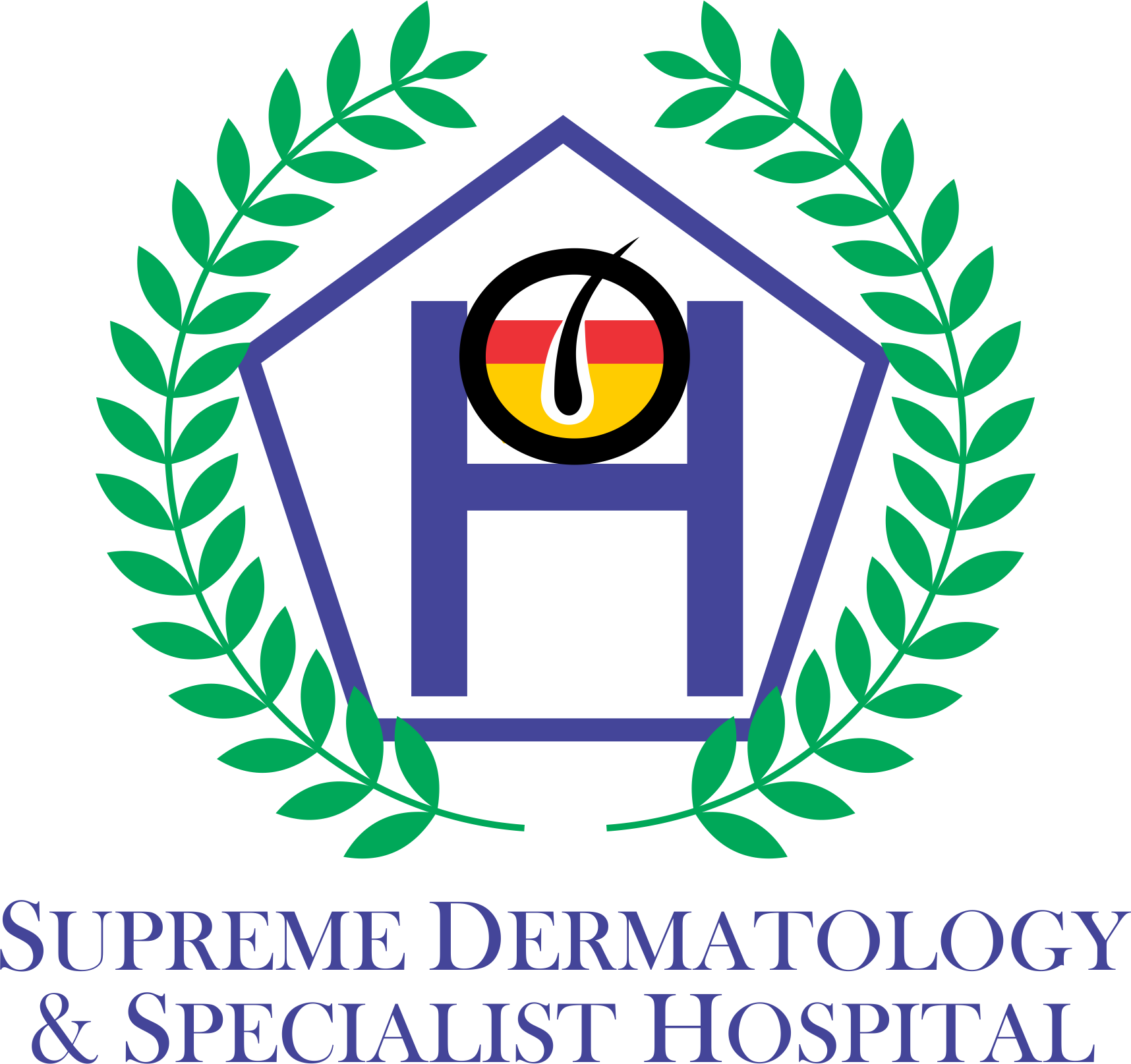At our general and specialist medicine clinic, we focus on primary health care in specialist treatments such as Endocrinology, Cardiology, Obstetrics and Gynecology etc. Our general medicine clinic often includes care from non-physician providers, such as nurses, phlebotomists, and radiology technicians.
Our surgery Units include but not limited to:
Endocrinology is the study of hormones. Hormones are essential for our every-day survival. They control our temperature, sleep, mood, stress, growth and more.
An endocrinologist is a doctor that treats diseases related to problems with hormones. A hormone is a chemical messenger that travels from one cell to another. Hormones are released in one part of the body, travel in the blood stream and have an effect on other part of the body. This helps different parts of the human body to communicate with each other. Not all glands are classified as endocrine glands; for example, sweat glands or lymph glands are not endocrine glands.
Certain glands in your body called endocrine glands make and release hormones. Glands are special tissues in your body that create and release substances. The endocrine glands in your body include:
- Adrenal glands.
- Parathyroid glands.
- Pineal gland.
- Pituitary gland.
- Thyroid gland.
You also find that problems with hormones and the way they work contribute to some of the major diseases of mankind; for example, diabetes, thyroid conditions, pituitary conditions, some sexual problems, some neurological problems, appetite and obesity, bone problems, cancer, etc.
There are whole sub-specialties devoted to specific areas where hormones work. For example:
- Pediatric endocrinology, looking at hormones in children
- Thyroid endocrinology, looking at how the thyroid affects metabolism
- Endocrine-disrupting chemicals, where chemicals which mimic the effects of hormones are present in the environment
- Comparative endocrinology, which looks at the way similar hormones work in different species (e.g. from insects, through to fish, birds, mammals, etc)
At supreme dermatology and specialist hospital, our endocrinologist can diagnose and treat several different conditions that affect your endocrine system. This section will group several — but not all — conditions that our endocrinologists treat into the following categories:
Diabetes and metabolic conditions.
Endocrine cancers and tumors.
Thyroid conditions.
Metabolic conditions.
Sexual development, function and reproduction conditions.
Calcium and bone conditions.
Getting a new diagnosis can be overwhelming. If you have a condition that affects your endocrine system, such as diabetes or thyroid disease, endocrinologist at Supreme Dermatology and Specialist Hospital can help you manage and treat your condition. They’re experts in their field and have up-to-date knowledge on medications, procedures and technology that can help you.
Cardiology is a branch of medicine that concerns diseases and disorders of the heart, which may range from congenital defects through acquired heart diseases such as coronary artery disease and congestive heart failure.
Physicians who specialize in cardiology are called cardiologists and they are responsible for the medical management of various heart diseases. Cardiac surgeons are the specialist physicians who perform surgical procedures to correct heart disorders.
Our experienced cardiologist will do a physical exam and discuss your symptoms, medical history and family history with you. It’s important to let your cardiologist know if other people in your family have had heart problems because that can increase the chances of you having a heart problem.
Some basic information can give your cardiologist valuable information about your cardiovascular health, such as your:
Weight.
Blood pressure.
Cholesterol levels.
Blood glucose (sugar) levels.
At our hospital, we treat a wide range of heart and vascular problems, including:
Atherosclerosis.
High blood pressure.
High cholesterol.
Angina (chest pain).
Sudden cardiac arrest.
Heart failure.
Heart attack.
Blood clots.
Atrial fibrillation and other heart rhythm disorders.
Endocarditis.
Cardiogenic shock.
Heart abnormalities.
Cardiomyopathy.
Congenital (from birth) conditions.
Problems with your aorta (aneurysm, stenosis).
WHAT TO EXPECT
The cardiologist will do a physical exam, paying special attention to listening to your heart. Be ready to answer questions about your family history and your own medical history. The cardiologist will want to know if your siblings, parents or others in your family have had heart problems. Having this information can help your cardiologist know what types of heart problems you could have.
Questions may include:
How long have you been having these symptoms?
What does it feel like when you have symptoms (mild pain, sharp pain)?
What were you doing when your symptoms started (resting, exerting yourself)?
Does anything help you feel better when you have symptoms?
Have you had a heart procedure or surgery in the past?
Do you have records of any scans?
What medicines are you taking now?
You may need a cardiologist if you’re having a problem with your heart or blood vessels. Cardiologists at Supreme Dermatology and Specialist Hospital can help you manage and treat your condition. They’re experts in their field and have up-to-date knowledge on medications, procedures and technology that can help you.
The Obstetrics and Gynecology department is the center for female health. Illnesses dealing with the female reproductive system and also the management and care of pregnant women are handled in this Department. OB-GYNs provide a wide range of preventive care services, including pap smears, STI testing, pelvic exams, ultrasounds, and blood work.
Our OB-GYNs are trained surgeons who perform a wide range of procedures, including:
- cesarean sections
- instrumental deliveries during childbirth
- a hysterectomy
- removing growths, such as ovarian cysts and uterine fibroids
- surgery to repair pelvic organ injuries
- pap smears to test for cervical cancer
- STI tests
- fertility treatments, such as egg retrievals for IVF or egg-freezing
- pelvic ultrasounds to check the pelvic organs and monitor pregnancy
- infertility treatments and counseling
- management of urinary issues, such as urinary tract infections and urinary incontinence
- treating common problems, such as anemia
- breast exams and breast health management, including mammograms and other breast cancer screenings
It is highly recommended that a woman should first visit an OB-GYN between the ages of 13 and 15. Women should have their first pelvic exam and Pap test around the age of 21 or when they first become sexually active.
It is also recommended that all women see their gynecologist annually for a well-woman visit. The specific tests a person needs at each visit vary with age, lifestyle, and health risk factors.
Our OB-GYNs at Supreme Dermatology and Specialist Hospital are experts in their field and have up-to-date knowledge on medications, procedures and technology that can help you.


